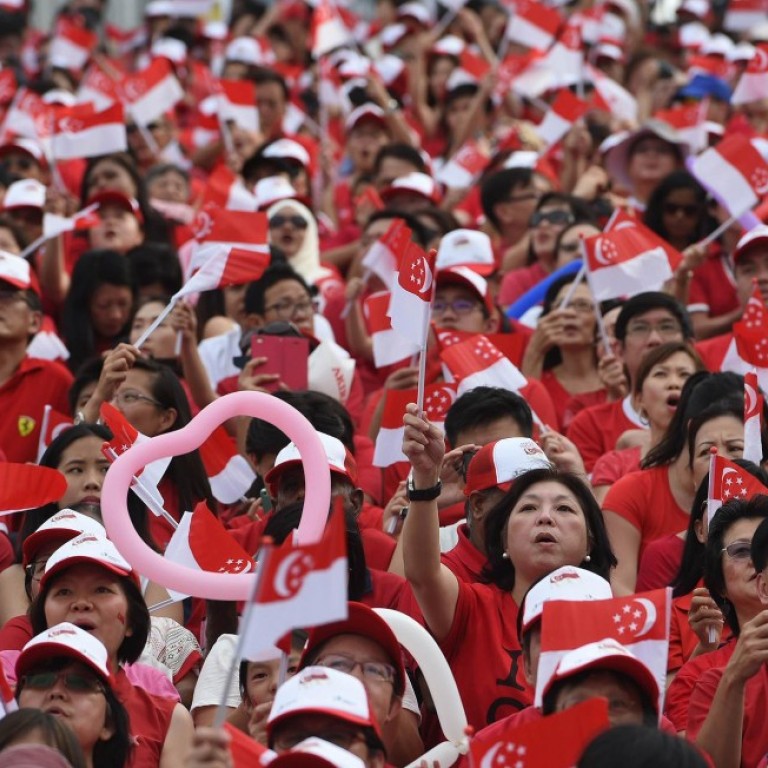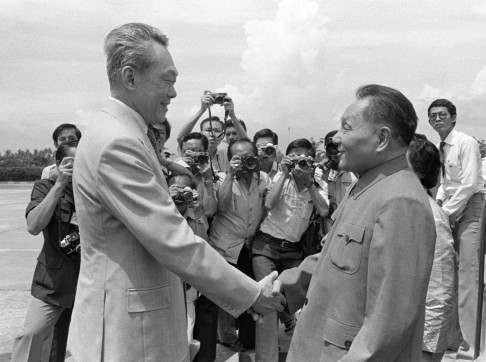
From ‘Singabored’ to talent magnet, Singapore raising its stake
I recall a time when Hong Kong was widely considered one of the best destinations in Asia for people to come to work, especially for professionals from neighbouring countries, including Singapore. But now something is changing.
My first trip to Singapore was in the early 2000s. At that time, those high-end hotels and conference facilities in Marina Bay didn’t exist at all. Singapore was often jokingly referred to by high-flying investment bankers as “Singabored”, as they complained the city state was too small to have fun. In comparison, Hong Kong was much more dynamic in terms of food choices or business activities.
A lot of changes over the past 10 years have shaped the more innovative and exciting version of Singapore – one-fifth of the republic’s history, since it was established by the late Lee Kuan Yew as a new and independent nation.
In terms of job opportunities, the Lion City has become more competitive and attractive, and now talents sometimes face a tough choice between Singapore and Hong Kong, which has been labelled “Asia’s World City”.
Headhunters say Singapore now probably houses more senior regional jobs for multinational corporates, especially for the roles of marketing and business development, than what Hong Kong has to offer. Hong Kong remains a key hub for corporates that want to expand into China – the world’s No 2 economy – but Singapore clearly has a bigger ambition. Singapore is open for business for the entire Asian economy, while it is debatable whether Hong Kong should rely so much on China.
At a recent business event in Singapore, when asked by the audience to compare the two former British colonies, Singapore’s Prime Minister Lee Hsien Loong said China clearly meant a lot of business opportunities for Hong Kong, but the parent country also meant a lot of pressure for the city, which has been operating as a special administrative region under the landmark “one country, two systems” policy endorsed by the late paramount leader Deng Xiaoping since July 1, 1997.

To be fair, Hong Kong has made some remarkable economic achievements since its historic handover – for example, how the city fought back from the 2003 Sars crisis. But Singapore hasn’t wasted its time either. Arguably, the city state has probably achieved more than Hong Kong over the past two decades. And Singapore remains highly competitive with Hong Kong when it comes to attracting talent.
Singapore and Hong Kong were among the “Four Asian Tigers”, along with Taiwan and South Korea, which were especially prominent in the 1970s and ’80s. Their free-market policies and highly efficient public administrations made a textbook case for many institutions, including the World Bank, to study. However, nothing stays the same, and change is a must if anybody or any city wants to stay ahead of the competition and evolve into a regional or global leader.
With Singapore celebrating 50 years of history as an independent republic, the occasion provides the world with a better chance to examine its evolution from being “Singabored” to becoming a top choice for work and lifestyle among global talents.
As for Hong Kong, Lee may be right in his assessment. Maybe Hongkongers should worry less about the rising challenge from Singapore, and instead focus more on ourselves and how to keep Hong Kong competitive. Because beyond Singapore, there will be Shanghai, Jakarta or Dubai to compete with in everything from conference business to the position of leading financial centre.
George Chen is managing editor of SCMP International Edition. For more Mr. Shangkong columns: facebook.com/mrshangkong or follow @george_chen on Twitter

